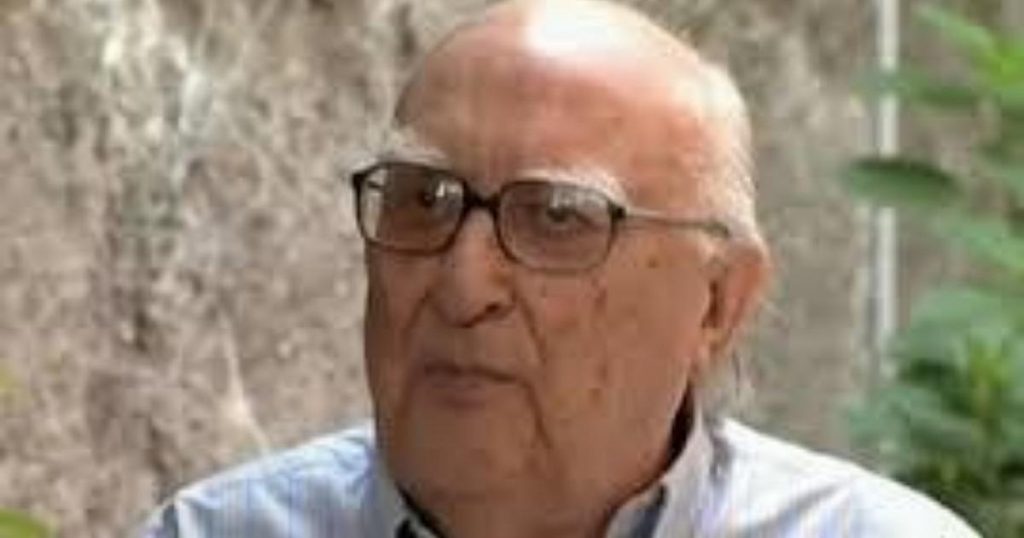In 2006, Andrea Camilleri recorded a series of short videos for RaisatExtra focused on memory. These videos were about his personal experiences, encounters, and moments that became fragments of his extraordinary life. The memories stored in his mind were shared with viewers in just a few minutes and later turned into a book. Camilleri’s memory delves into historical events such as fascism and its impact on the twentieth century, the Allied landing, and his encounters with prominent figures such as Leonardo Sciascia, Luigi Pirandello, Eduardo De Filippo, and Renato Rascel, as well as Samuel Beckett and George Patton. He reflects on his relationship with theater, writing, Sicily, and Sicilian culture, offering authentic stories from his life and memory.
Following the liberation, the celebration of Labor Day was reinstated on May 1st (the fascist regime had moved it to April 21st, Rome’s birthday). On May 1st, 1947, in Portella della Ginestra, workers gathered to commemorate the occasion. However, the celebration was interrupted by a sudden barrage of bullets, resulting in a massacre. Eleven people were killed, and twenty-seven were injured as Salvatore Giuliano’s gang opened fire. Camilleri recalls the tragic events of that day, shedding light on a dark chapter in Sicilian history and highlighting the violence that marred the celebration of labor rights for workers.
Camilleri’s memories are a poignant reflection of his personal experiences and the collective history of Sicily. He recalls his encounters with literary luminaries such as Leonardo Sciascia and Luigi Pirandello, as well as prominent figures like Eduardo De Filippo and Renato Rascel. His recollections also touch upon significant historical events, including the Allied landing and the impact of fascism. Moreover, Camilleri reflects on his connection with theater, writing, and Sicilian culture, offering viewers and readers a glimpse into his unique perspective on life, memory, and history.
The series of videos recorded by Camilleri in 2006 are a testament to the power of memory and storytelling. Through these short narratives, he shares fragments of his life and experiences, weaving together personal anecdotes with historical events. His memories serve as a bridge between the past and the present, offering valuable insights into Sicilian culture, history, and identity. By recounting his encounters with influential figures and reflecting on key moments in history, Camilleri creates a vivid portrait of his life and the world around him.
As Camilleri recounts his memories, he immerses viewers and readers in a rich tapestry of personal and historical narratives. From the celebration of Labor Day in Sicily to the tragic events of the Portella della Ginestra massacre, he brings to life the complexities of Sicilian history and culture. Through his storytelling, Camilleri sheds light on the enduring legacy of fascism, the resilience of the Sicilian people, and the power of memory to preserve and transmit the past. His reflections offer a compelling insight into the intricate connections between personal experience, collective memory, and historical events, inviting audiences to reflect on the significance of memory in shaping our understanding of the world.


